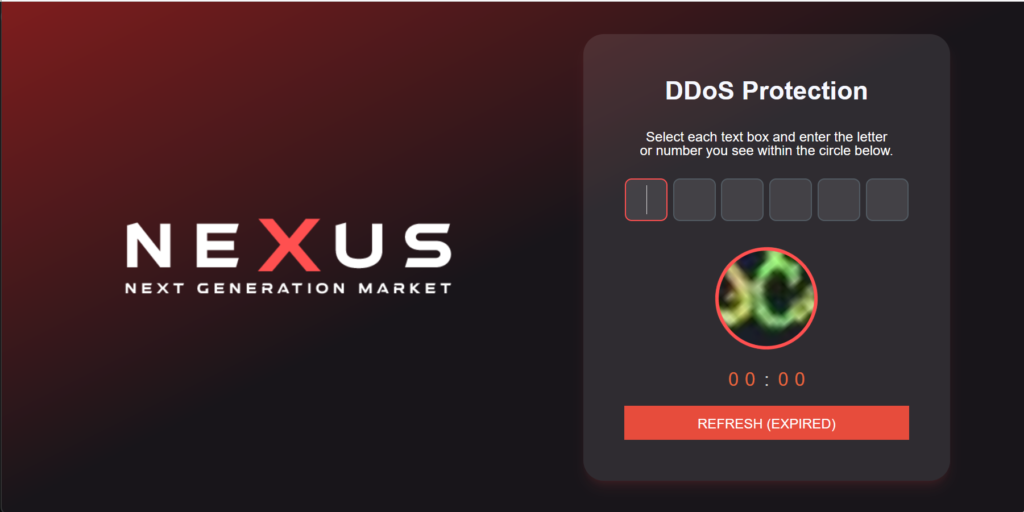Table of Contents
ToggleNexus Market – TOR Scam Report (1)
Onion Link: http://nexusb2l7hog66bnzz5msrz4m5qxj7jbi7aah3r65uzydy5mew2fu3id.onion
Scam Report Date: 2024/03/10
Client Scam Report Breakdown
Original Report Summary:
The client report describes a scenario where they purchased a card, likely a digital or physical payment card, which was non-functional upon receipt. In response to the issue, the client created a support ticket to seek resolution. However, instead of addressing the concern, the administrator closed the ticket without providing any explanation or communication, leaving the client with no recourse and only a notification of the closure. This type of interaction is indicative of a scam operation, where customer support is deliberately unresponsive, and the platform’s processes are designed to leave customers without options to reclaim their funds or resolve their issues.
Photos:

Analysis of the Report
The key elements of this scam report include the purchase of a “card,” the creation of a support ticket, and the subsequent closure of the ticket by the admin. The term “card” in this context likely refers to a payment method such as a gift card, prepaid card, or even a virtual credit card. These types of cards are often used in online transactions and are popular targets for scammers who sell either counterfeit cards or cards that have already been drained of their balance. When the client found the card unusable, they did what any consumer would do—reach out to customer support by creating a ticket. The ticket system is a standard method used by companies to track and resolve customer issues. However, in this case, the fact that the admin closed the ticket without providing a reason is a red flag, suggesting that the operation is not legitimate and has no intention of resolving customer complaints.
The process of closing a ticket without notifying the client why it was closed adds another layer to the scam. In legitimate operations, closing a ticket would be accompanied by a detailed explanation, whether the issue was resolved or if there was another reason for the closure. The client’s inability to reopen the ticket further isolates them from any potential remedy, effectively trapping them in a situation where they have lost money with no way to recover it or even understand why. This kind of tactic is common in scam operations to minimize the chances of dispute escalation and to discourage customers from pursuing further action.
Terminology and Scam Dynamics
The report introduces several terms and concepts that are critical in understanding the nature of this scam:
- Card: In this context, a card typically refers to a prepaid or gift card, or a virtual credit card. These are often used in online transactions and can be easily exploited by scammers who sell invalid or already-used cards.
- Ticket: A support ticket is a request for help or resolution submitted by a customer. It is a formal way of tracking issues and ensuring they are addressed. The closing of a ticket without resolution is a significant indicator of fraudulent behavior.
- Admin Closure: The admin’s action to close the ticket without explanation is a common tactic in scams, used to cut off communication and prevent the customer from seeking help or recovering their funds.
The client’s report reflects a typical scam pattern where the scammer avoids responsibility by shutting down avenues of communication, leaving the victim powerless. The deliberate closure of the support ticket without providing any justification indicates a lack of transparency and accountability, both hallmarks of scam operations. This approach not only frustrates the customer but also prevents them from taking further action, as they are left with no explanation and no way to reopen the case.
Conclusion
This scam report illustrates a common issue in online transactions where fraudulent sellers exploit the trust of customers by selling defective products and then blocking any attempts at resolution. The closure of the support ticket without explanation highlights the scam’s intent to leave the customer without recourse, ensuring the scammer retains the money without delivering a functional product. Understanding the terminology and dynamics at play in this report can help others recognize similar red flags and avoid falling victim to such scams in the future.






